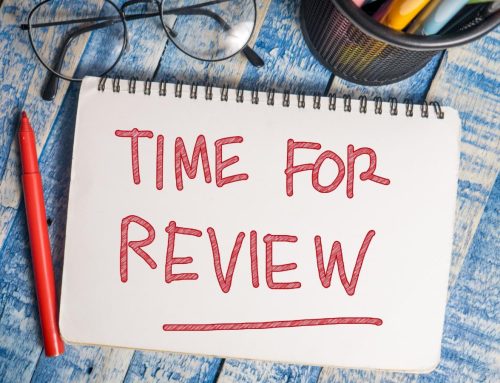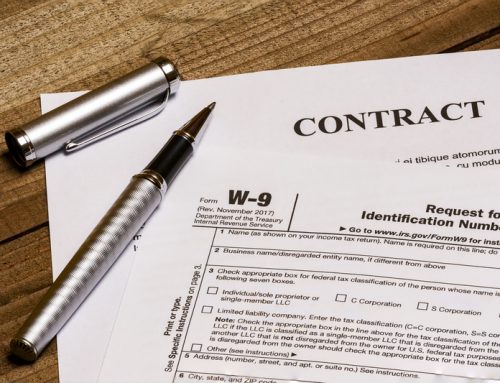As inflation hits a 40-year high and gas prices seem to keep going up, this may be a good time to do an insurance check-up (due diligence) on the companies that you are using as vendors. Just like a number of individual households, there are many companies who are struggling to manage the current economy and some of these companies might be on the edge, just making it financially or maybe going out of business altogether.
One simple step that you can take to check the financial health of your vendor is to ask for a Certificate of Insurance (COI). As an Auctioneer, you frequently get asked for a COI, so why not do the same? It’s simple, easy and will give you a lot of good information about your vendor.
A COI will let you know not only if your vendor has insurance, but also what the effective dates are, what type of coverage they have, and what are their limits of coverage. What am I looking for, you ask?
Your vendor should have basic General Liability coverages especially if they come on to your premises. If you are purchasing a product from the vendor, then Products and Completed Operations Liability is a must. If you purchase services from this vendor, then you want them to have a Professional Liability or an Errors and Omissions policy, which is usually a standalone policy. Does your vendor have access to any of your clients personal identifiable information, or PII? If so, then you want them to have a Cyber or Database policy. Be sure to check the limits as well. A $1 million limit for your software platform provider might not be adequate if they have a data breach and more than one client is affected.
By asking for a COI, you can confirm that they have insurance as well as have the policy information on hand in the event of a potential claim with this vendor.
We have seen a number of companies that are barely surviving, choose to cut back on, or cut out their insurance coverage all together to conserve cash in the short-term. While we do not support this approach, it happens. We believe that this approach is a no-win long-term strategy.
So, if your vendor is not currently insured or is self-insuring, you might want to think twice about using them as a vendor or at least make sure that they have a solid balance sheet. In the event of a claim, you will either have to pay the costs out of your pocket or you may have to sue the vendor for financial reimbursement. Neither are good scenarios and since the vendor is already struggling financially, suing them is likely to just cost you more money that you may never see any reimbursement.







